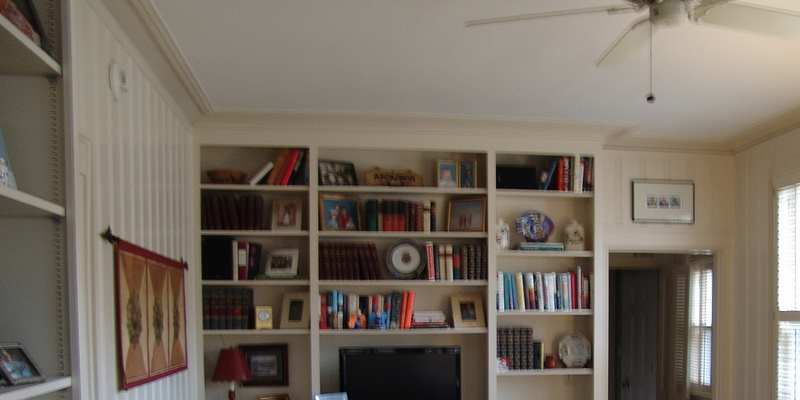More than any room inside your home, the cellar can eventually be a repository of mould development, wetness issues, disagreeable smells as well as other pollutants. Unventilated cellars are not just prone to mildew and smells, the cellar can also be widely used to store household substances. Cleaners, solvents, car products and paints slowly release substances to the atmosphere. Within an unventilated area, these substances create a hazardous environment and build up. Musty or polluted atmosphere exhausts and appeals to air from outside. You will find just two fundamental means of cellar venting: mechanical and organic, equally making use of their pros and cons.
Why Ventilate
As a result of its location below ground, wet in the earth seeps in through walls and the ground. Condensation grows, when this chilly wetness collides with the cellar atmosphere that is hotter. A musty odor is created by condensation and, if left to roll up into pools of water, stagnates or generates a breeding-ground for mildew and mould spores. Some moulds are dangerous and poisonous to the fitness of the residents of the home’s. The Environmental Protection Agency reports that specific kinds of mould, especially black mould, can irritate or trigger signs of flu, asthma attacks and allergies. The US Environmental Protection Agency recommends that householders ventilate the cellar, and eliminate or reduce any water leaks or dampness issues. A steady inflow of clear, fresh atmosphere inhibits mildew and mould development.
Natural Ventilation System
Ventilation uses air currents, yet such a venting works limited to cellars with windows which can be capable to open and shut and placed. While electricity is conserved by the normal approach, it will need work. Windows shut during times of rain or during the night to stop trespassers from getting into the cellar and should be opened at regular periods. For the best results, windows ought to be after the organic drafts of the cellar, opposite each other throughout the cellar space. A cellar wants added venting, for example a de-humidifier or fans. The organic method is probably inadequate in case the cellar is always wet and a more system might be deemed necessary.
Mechanical Ventilation System
Ventilation utilizes present cellar atmosphere to exhaust and generate clean, outside atmosphere. This sort of system could possibly be as easy as putting little window fans in windows that are reverse or as specialized as installing an exhaust lover with venting conduit. Many homeowners decide on a mechanical ventilation because of automation and the great versatility it offers. Ventilation is a necessity for dwellings analyzing positive for radon, an odorless gasoline this is the leading reason behind lung cancer in America among nonsmokers. The US Environmental Protection Agency recommends that home-owners with radon within their houses and their state radon section for advice consult on installing a radon mitigation program.
Fundamental Setup System
A fundamental ventilation system depends mainly on how big is the cellar as well as other appliances or things in the the area and starts having a layout strategy. For little to moderately-sized cellars, a ventilation lover on an exhaust lover on another end and a single side of the cellar is acceptable. The fans could be completely installed within present window cavities, or might want dedicated openings cut-through the parts of the cellar walls which might be above ground. The venting fans that are most effective add a humidity detector for automation that is straightforward. When the detector detects a specific moisture content, the atmosphere is vented by the followers before the water content in the cellar is reduced. The US Environmental Protection Agency proposes that home-owners keep a surroundings below 60% humidity to inhibit the development of mildew and mould inside their cellars.

